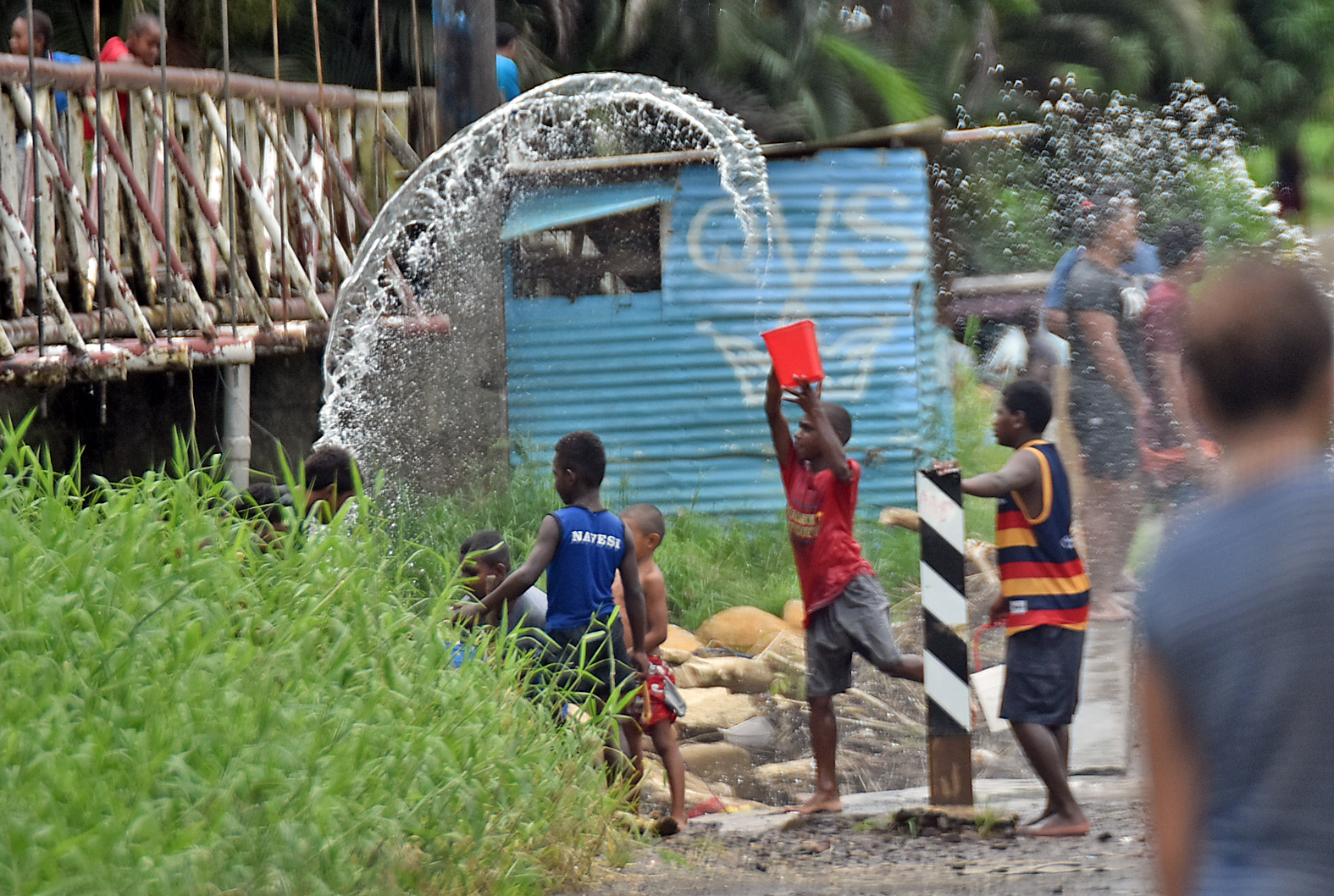Inequality and the lack of economic opportunities including theft, substance abuse, fights and brawls, sex work being conducted by girls and young women and domestic violence are commonly reported problems among inhabitants of urban settlements.
This was highlighted in a report that was launched on December 1 by the Pacific Centre for Peacebuilding titled ‘Building peace and security in Suva’s Climate Affected informal settlements’.
This report details findings from research conducted in 2022 by the Pacific Centre for Peacebuilding (PCP) in three informal settlements in the greater Suva area.
These are Maravu settlement in Laucala Beach, Nanuku in Vatuwaqa and Qauia in Lami.
Three main types of conflict and/or violence were reported by research participants with the first being conflict over land boundaries and sharing of utilities and infrastructure.
The second relates to the symptoms of structural inequality, crimes, fights and brawls and substance abuse including alcohol, glue sniffing and drugs (most commonly marijuana and methamphetamine).
The third relates to community harmony, differences in identity (between different Fijian Islands and provinces but also inter-ethnic relations).
Unemployment and youth substance abuse were attributed as being main causes of these issues.
In addition to alcohol and marijuana, glue sniffing is a significant problem across the settlement, particularly in Nanuku where glue is ‘dealt’ as a source of income.
Substance abuse was said to be fuelling fights with some participants blaming an increase in these altercations on newly arrived settlers.
Tension between traditional and modern cultural norms was also attributed as a factor in causing disharmony.
The purpose of the report is to understand the community members’ experiences of peace and security living in of informal settlements and understanding existing conflict issues and ways of resolving them.



